How does diet affect fertility?
What a woman (and her partner) eats before conception plays a significant role in many parts of the pregnancy journey.
This includes how quickly they may fall pregnant, woman’s health through pregnancy, as well as how their baby develops in the womb AND it’s long-term health.
How long before I become pregnant should I be focusing on improving what I eat?
Improvements at any time are beneficial.
However, keep in mind that an egg and sperm can take around 3 months to develop and the quality of someone’s diet in this time influences the processes of producing healthy reproductive cells.
Is there a special diet I should follow to fall pregnant?
The types of food in a woman’s diet can reduce ovulatory infertility (which can occur in PCOS – polycystic ovary syndrome).
Despite some very clever marketing trying to convince us of otherwise, there are no specific foods that will help you fall pregnant. However, we know from big population studies that there is a pattern of eating that may improve your fertility. (Check out the ‘Nurses’ Health Study, if you are interested).
The recommended changes you can make relate to the types of carbs and protein you eat, how you exercise and your weight.
What supplements do I need to take?
Adequate and appropriate folic acid supplementation is essential to prevent neural tube defects (e.g. spina bifida) in your baby.
Women need an extra 400 micrograms (“μg”)/day of folic acid, in the month before conceiving and the first three months of pregnancy. This requirement is higher if your BMI is above 30kg/m2.
Although you don’t need more iodine until you become pregnant, taking a folic acid-iodine supplement is often the best way to take these nutrients.
Unless you have been diagnosed with a nutritional deficiency, you do not need to take vitamin D or iron. A single (nutrient specific) supplement is best for these in each case if you do have a deficiency.
There’s a lot of interest in zinc and selenium supplementation to improve subfertility.
Although there are many research studies in this area, they haven’t all been done well. This means it’s hard to make any firm statements about their benefits. Importantly however, none of the studies showed bad effects of taking them at levels below recommended daily intakes – so they are probably safe to take, if desired.
Want to know more?
Lifestyle Maternity’s Director and Principal Dietitian, Dr Shelley Wilkinson, was recently interviewed by journalist, Jessica Mudditt for this BBC article. Click here for a deeper dive into the links between fertility and nutrition.
If you would like further information book an appointment with a Lifestyle Maternity Dietitian or enrol in one of our online, self-paced courses.
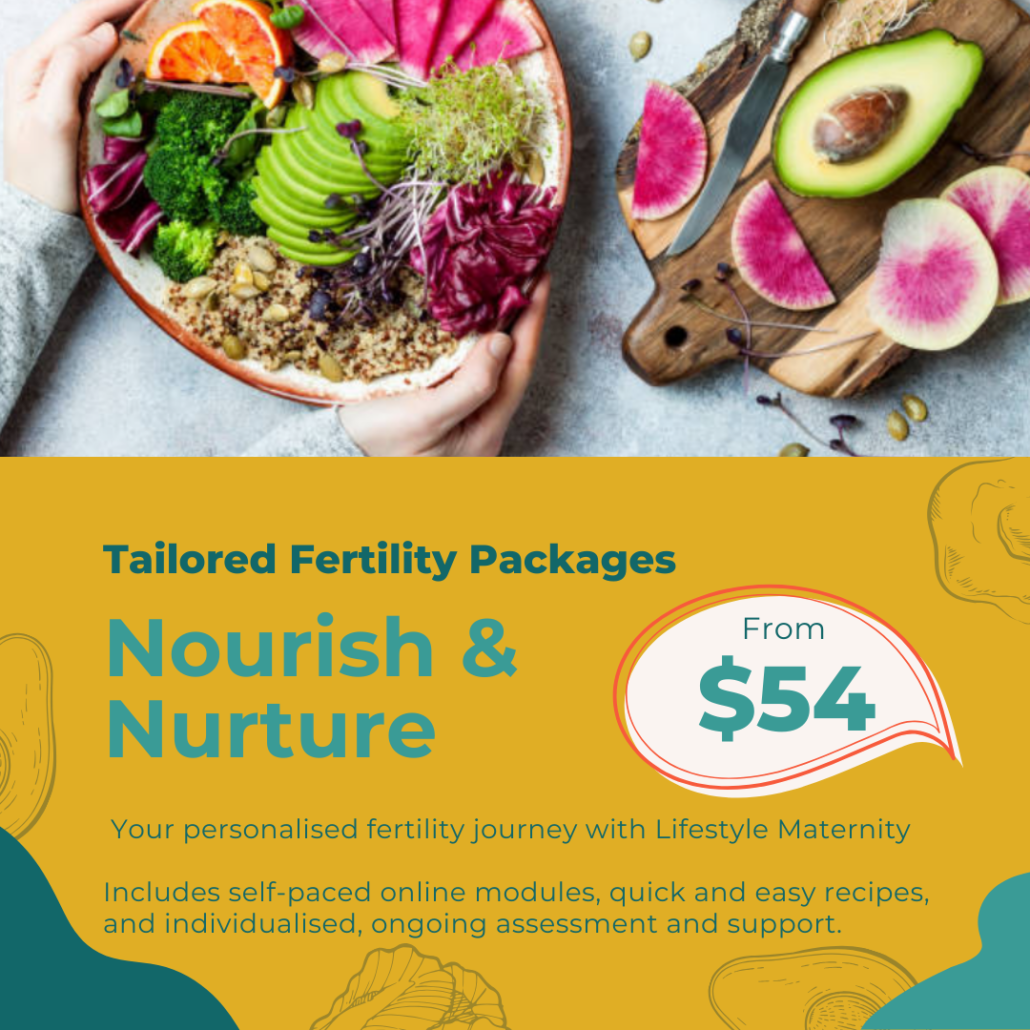
IMAGE CREDIT: iStock
IMAGE DESCRIPTION: Large flat bowl with hands either side. Contents include avocado, orange, purple cabbage, quinoa, broccoli, alfalfa sprouts, pumpkin seeds and white and read radish slices. There is a chopping board to the side with half an avocado, radish slices and a knife.
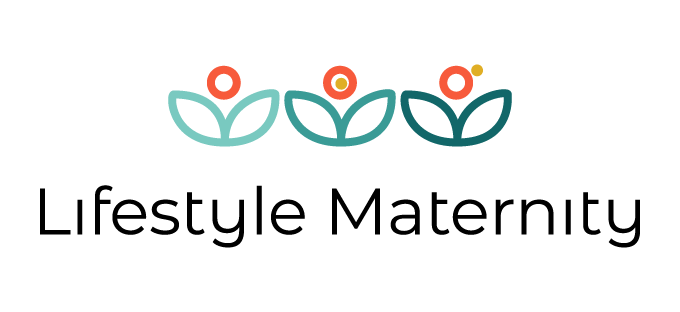
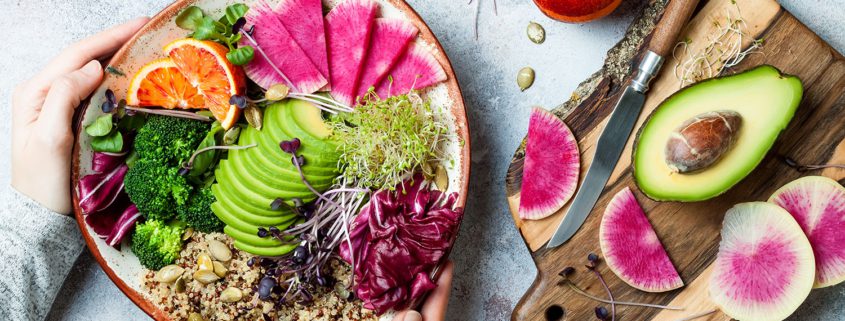


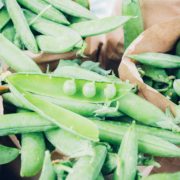
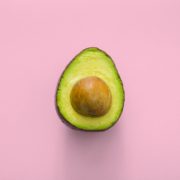
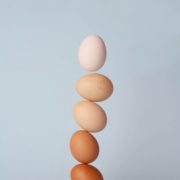



 Find us on
Find us on
